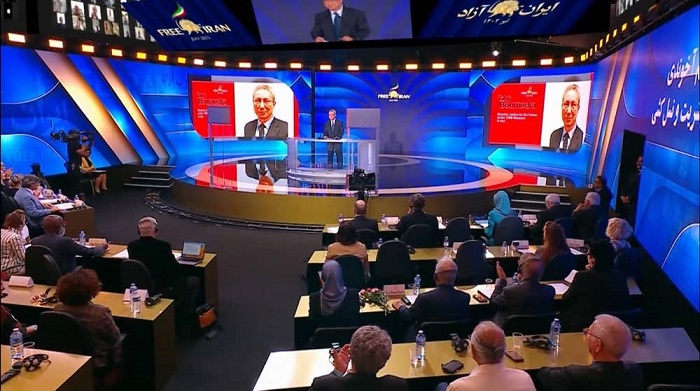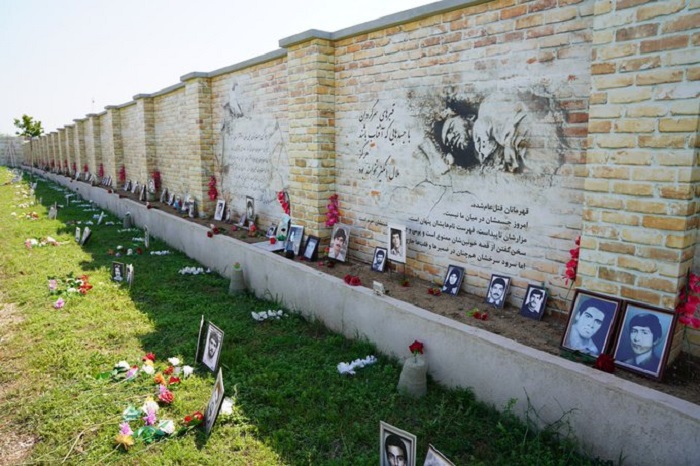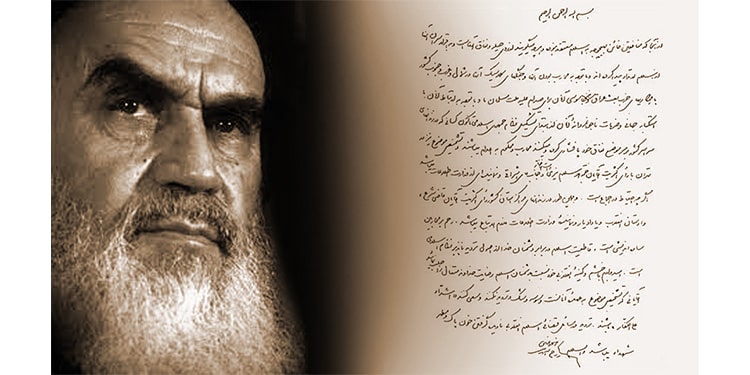

On July 3, an international conference held at the National Council of Resistance of Iran (NCRI) headquarters in Auvers-sur-Oise aimed to highlight the political and legal challenges of a 35-year-long campaign striving for accountability for the 1988 Iranian political prisoners’ massacre.
Among the speakers was Mr. Tahar Boumedra, a former Chief of the Human Rights Office at the United Nations Mission in Iraq. He recounted his firsthand experiences and the tribulations that eventually led to his resignation from the UN.
“Madam Rajavi, President of the NCRI, brothers and sisters, friends, I would like to speak to you today on behalf of the families of the victims of the massacre of 1988 political prisoners,” Boumedra began his speech. He explained his unique perspective, offering insights into his introduction to the People’s Mojahedin of Iran (PMOI/MEK) and the broader Iranian resistance movement.

His UN mission in Iraq exposed him to conflicting information from various sources. However, as Boumedra observed, “whatever comes to me through the Ashrafis turned out to be right,” while information from the Iraqi Prime Minister’s Office and the Iranian embassy in Baghdad often denigrated the Ashrafis and proved to be wrong.
Upon returning to England, Boumedra, alongside a team of British lawyers and human rights activists, established JVMI to provide a platform for the victims’ families and the survivors. Their work focused on documenting the crimes perpetrated not just in 1988, but also the ongoing abuses. Despite their efforts, their calls for an international inquiry into these crimes received no reply.

However, Boumedra remains hopeful, “We know that international law develops progressively…Today, things have changed. We have mechanisms that do work towards protecting human rights.”
In a notable development, the Stockholm District Court convicted Hamid Noury for crimes against humanity, marking the first time such a crime had been prosecuted, convicted, and sentenced in a court of law.
Boumedra concluded his address on a determined note, stating, “JVMI is not going to stop there. JVMI considers the case of Hamid Noury as the beginning, but a lot will be coming and justice and the rule of law will prevail.”

MEK Iran (follow us on Twitter and Facebook), Maryam Rajavi’s on her site, Twitter & Facebook, NCRI (Twitter & Facebook), and People’s Mojahedin Organization of Iran – MEK IRAN – YouTu







